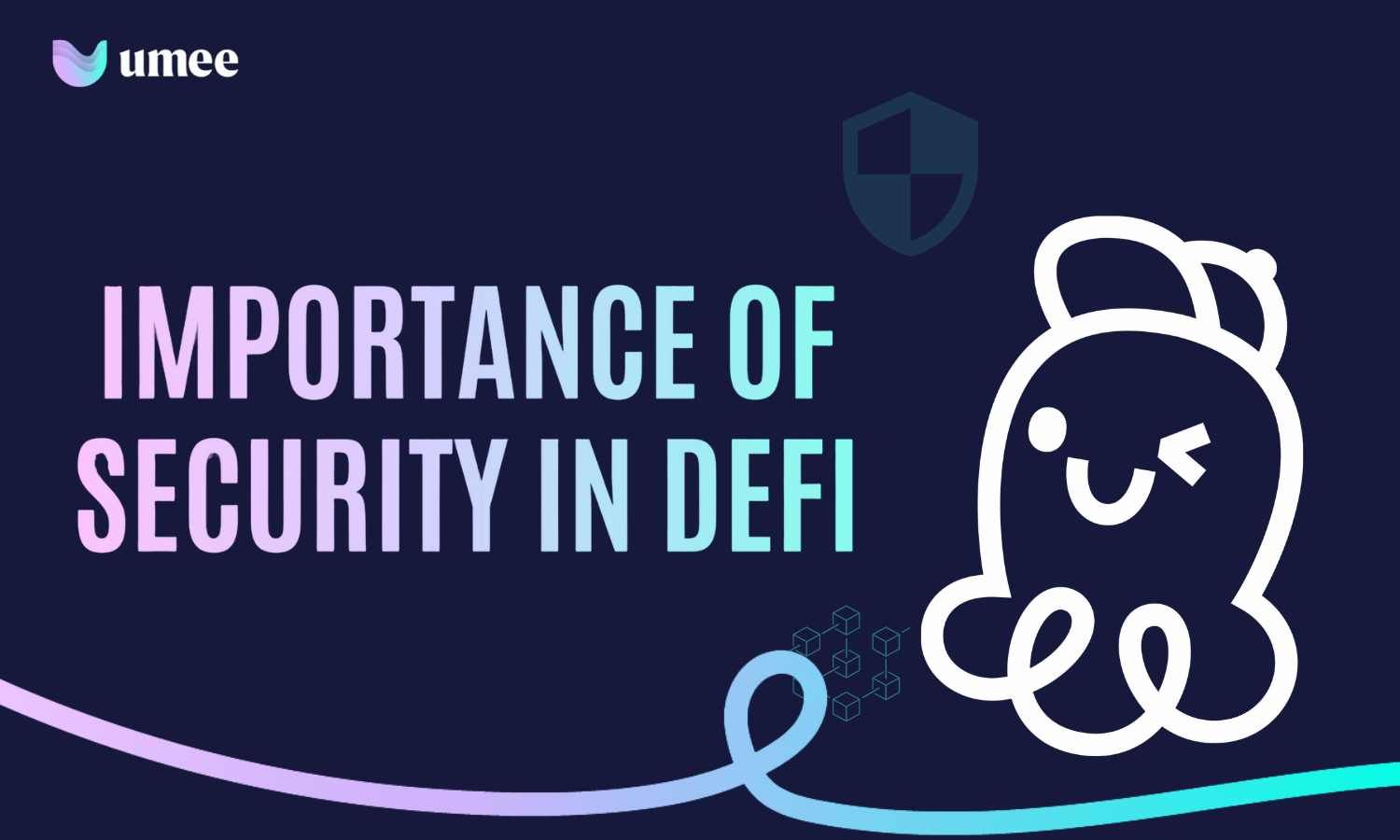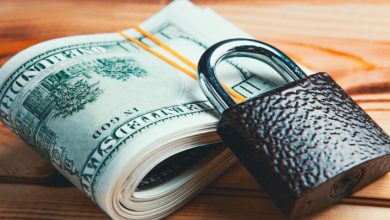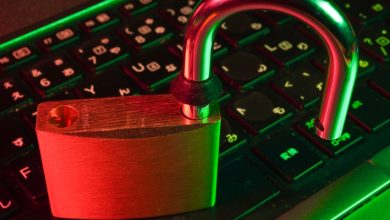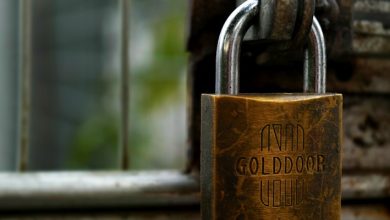Staying Safe in DeFi: Security Best Practices

- Understanding the Risks of DeFi Platforms
- Protecting Your Private Keys: A Crucial Step in DeFi Security
- Implementing Multi-factor Authentication for Extra Security
- Choosing Reputable DeFi Projects: How to Avoid Scams
- Regularly Updating Your Software and Security Measures
- The Importance of Conducting Due Diligence in DeFi Investments
Understanding the Risks of DeFi Platforms
When using DeFi platforms, it is crucial to understand the risks involved. While these platforms offer exciting opportunities for financial growth, they also come with their fair share of vulnerabilities. It is essential to be aware of these risks and take necessary precautions to protect your assets.
One of the main risks of DeFi platforms is the potential for smart contract vulnerabilities. These vulnerabilities can be exploited by malicious actors to steal funds or manipulate the platform. It is essential to thoroughly research any DeFi platform before investing and ensure that the smart contracts have been audited by reputable third parties.
Another risk to consider is the security of your private keys. Private keys are used to access and manage your funds on DeFi platforms, and if they fall into the wrong hands, your assets could be at risk. It is crucial to store your private keys securely and never share them with anyone.
Furthermore, DeFi platforms are also susceptible to hacks and cyber attacks. Hackers are constantly looking for vulnerabilities in these platforms to exploit for their gain. It is essential to use reputable DeFi platforms with robust security measures in place to reduce the risk of a security breach.
By understanding the risks involved in using DeFi platforms and taking necessary precautions, you can help protect your assets and minimize the chances of falling victim to malicious activities. Stay informed, stay vigilant, and always prioritize the security of your investments.
Protecting Your Private Keys: A Crucial Step in DeFi Security
Protecting your private keys is a critical aspect of ensuring the security of your decentralized finance (DeFi) assets. Private keys are essentially the keys to your digital wallet, and if they fall into the wrong hands, your funds could be at risk of theft. Here are some crucial steps to take to safeguard your private keys in the world of DeFi:
- Keep your private keys offline: Storing your private keys offline, also known as cold storage, is one of the most secure methods to protect them from hackers.
- Use hardware wallets: Hardware wallets offer an extra layer of security by keeping your private keys isolated from internet-connected devices.
- Enable multi-factor authentication (MFA): MFA adds an extra step to the login process, making it harder for unauthorized users to access your private keys.
- Avoid sharing your private keys: Never share your private keys with anyone, as this could compromise the security of your DeFi assets.
- Regularly update your security measures: Stay informed about the latest security threats and update your security protocols accordingly to stay ahead of potential risks.
Implementing Multi-factor Authentication for Extra Security
One effective way to enhance security when engaging in DeFi activities is by implementing **multi-factor authentication** (MFA). MFA adds an extra layer of protection beyond just using a password. By requiring users to provide two or more forms of verification before accessing their accounts, MFA significantly reduces the risk of unauthorized access.
There are several ways to set up MFA for your DeFi accounts. One common method is to use a **two-factor authentication** (2FA) app on your mobile device. These apps generate a unique code that must be entered along with your password when logging in. Another option is to receive a code via SMS or email, which you must also enter to complete the login process.
Additionally, some DeFi platforms support **biometric authentication**, such as fingerprint or facial recognition. These methods are more secure than traditional passwords and can be more convenient for users. By combining different authentication factors, you can create a robust security system that is much harder for hackers to breach.
Remember to regularly review and update your MFA settings to ensure maximum security for your DeFi accounts. By taking these extra steps to protect your assets, you can minimize the risk of falling victim to cyberattacks and keep your investments safe.
Choosing Reputable DeFi Projects: How to Avoid Scams
When it comes to participating in decentralized finance (DeFi) projects, it is crucial to be cautious and discerning in order to avoid falling victim to scams. There are several key factors to consider when evaluating the reputation and legitimacy of a DeFi project before getting involved.
One of the first things to look for is transparency. **Reputable** DeFi projects will have clear and open communication about their team, mission, and goals. They should provide detailed information about their project on their website, including the **founders**, developers, and advisors involved. Transparency is a good indicator that the project is **legitimate** and has nothing to hide.
Another important aspect to consider is the project’s track record. Look for **DeFi** projects that have a history of successful **transactions**, partnerships, and community engagement. Projects that have been around for a while and have a solid track record are more likely to be trustworthy and reliable. **Avoid** projects that have little to no history or have a **history** of **scams**.
It is also essential to do your own research before **investing** in a **DeFi** project. Look for reviews, **news**, and feedback from other users to get a sense of the community’s **sentiment** towards the project. **Avoid** projects that have a lot of negative feedback or reviews as this could be a sign of potential **scams**.
In addition, be wary of projects that promise high returns with little to no risk. **DeFi** projects that make **promises** that sound too good to be true are likely **scams**. It is important to **exercise** caution and use common sense when evaluating the potential **returns** of a project. Remember, if it sounds too good to be true, it probably is.
By following these guidelines and **doing** your due diligence, you can **protect** yourself from falling victim to **DeFi** **scams**. Remember to **stay** informed, be **cautious**, and **always** prioritize **security** when participating in **DeFi** projects.
Regularly Updating Your Software and Security Measures
Regularly updating your software and security measures is crucial to ensure the safety of your assets in the decentralized finance (DeFi) space. By keeping your software up to date, you can protect yourself from vulnerabilities that hackers may exploit to gain unauthorized access to your funds.
One of the best practices for staying safe in DeFi is to enable automatic updates for your software whenever possible. This will ensure that you are always running the latest version with the most recent security patches. In addition to updating your software, you should also regularly review and update your security measures to stay ahead of potential threats.
It is important to use strong, unique passwords for all of your accounts and enable two-factor authentication whenever possible. This adds an extra layer of security to your accounts and makes it more difficult for hackers to gain access. Additionally, consider using a hardware wallet to store your assets offline, further reducing the risk of unauthorized access.
The Importance of Conducting Due Diligence in DeFi Investments
Conducting due diligence is crucial when considering investments in decentralized finance (DeFi) projects. By thoroughly researching and analyzing the various aspects of a DeFi platform, investors can mitigate risks and make more informed decisions. Due diligence involves assessing the project’s team, technology, security measures, and overall credibility. It is essential to verify the legitimacy of the project and ensure that it aligns with your investment goals and risk tolerance.
One of the key reasons why due diligence is important in DeFi investments is the prevalence of scams and fraudulent projects in the space. Without proper research, investors are at risk of falling victim to malicious actors who exploit vulnerabilities in DeFi platforms. By conducting due diligence, investors can identify red flags and avoid potential scams, protecting their funds from being lost or stolen.
Furthermore, due diligence helps investors understand the potential risks and rewards associated with a DeFi project. By examining factors such as the project’s whitepaper, smart contract audits, and community feedback, investors can gain valuable insights into the project’s viability and sustainability. This information allows investors to make educated decisions based on thorough analysis rather than speculation or hype.
In conclusion, conducting due diligence is a critical step in staying safe and secure in DeFi investments. By taking the time to research and evaluate projects before investing, individuals can protect themselves from scams, make informed decisions, and potentially maximize their returns. Remember, always prioritize security and thorough analysis when exploring investment opportunities in the rapidly evolving world of decentralized finance.




